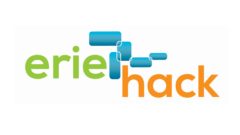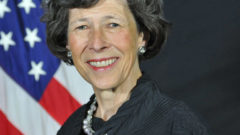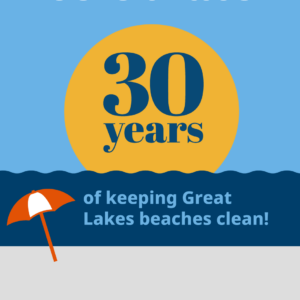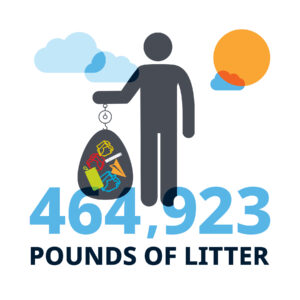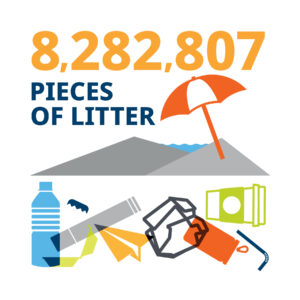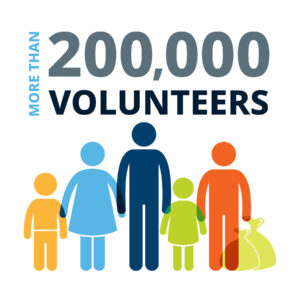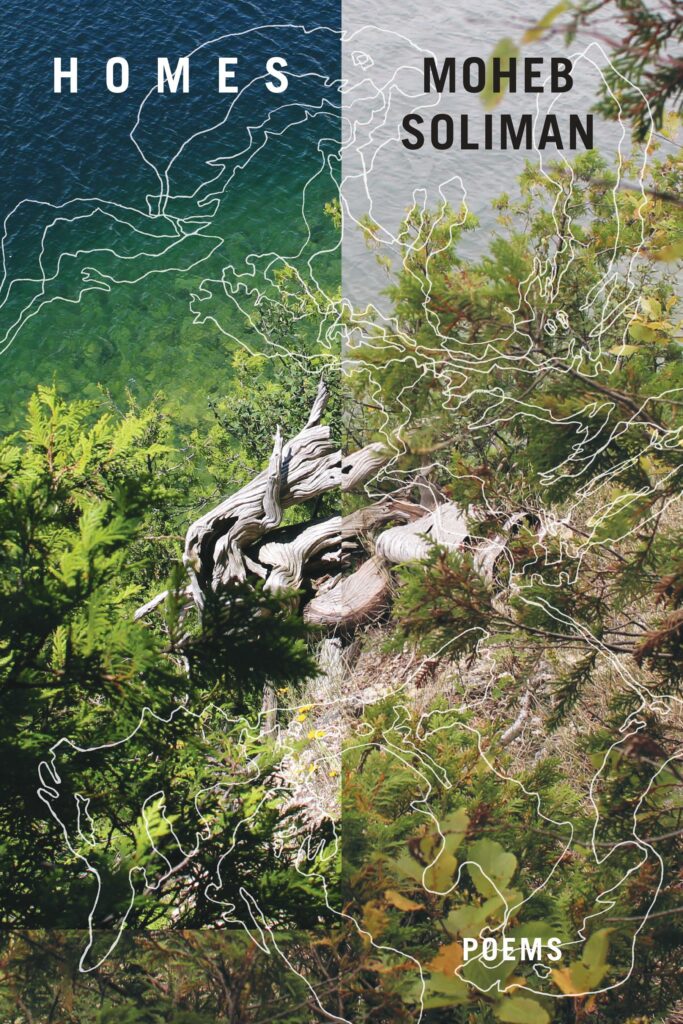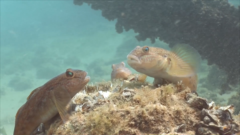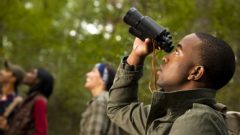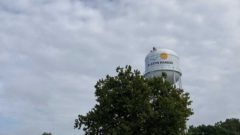Judge keeps Michigan oil pipeline case in federal court
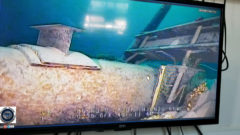
By John Flesher, Associated Press
A federal judge retained jurisdiction Tuesday in a dispute over a Canadian oil pipeline that runs through a section of the Great Lakes, rejecting Michigan Gov. Gretchen Whitmer’s contention that the case belongs in state court.
The clash over whether Enbridge Energy’s Line 5 should continue operating raises issues “under consideration at the highest levels of this country’s government” involving a U.S.-Canada treaty and federal pipeline safety regulation, U.S.
Great Lakes Now
https://www.greatlakesnow.org/2021/11/ap-judge-michigan-oil-pipeline-case-in-federal-court/

